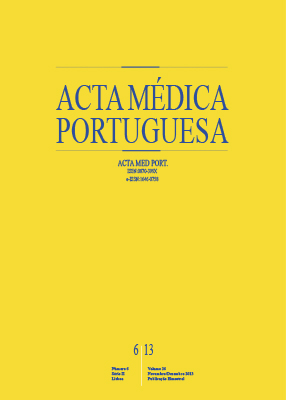Respecting Minor’s Autonomy in Child Custody Cases
DOI:
https://doi.org/10.20344/amp.4050Abstract
Child custody decisions are among the most difficult is one of the most difficult for judges to make. The possibility of child abuse allegations or parents’ deviant/psychopathologic behaviours within this context, make the decision further complicated. Based on jurisprudence the listening of children opinion is a way to protect their best interest. In fact children have the right to express an opinion in all matters affecting their life. It should be given proper consideration to children opinion according with his/her age and maturity. Nonetheless custody disputes are emotionally draining issues. Asking the child to express an opinion during a public hearing, most likely in the presence of both parents, its not recommended because this is a potential stressful experience. Child interviews should take place in a proper environment and be set to their age. Medicine and Psychology have an important role in assessing children cognitive, emotional and volitional abilities, which is essential to properly account their opinions according to autonomy degree. This essay analyses the contribution of medico-legal and/or psychological exams to respect the autonomy of the child in cases of regulation of parental responsibilities. The conclusion is the need to establish a symbiotic relationship between the medical and legal perspectives of the (open) concept of child’s best interests.Downloads
Downloads
Published
How to Cite
Issue
Section
License
All the articles published in the AMP are open access and comply with the requirements of funding agencies or academic institutions. The AMP is governed by the terms of the Creative Commons ‘Attribution – Non-Commercial Use - (CC-BY-NC)’ license, regarding the use by third parties.
It is the author’s responsibility to obtain approval for the reproduction of figures, tables, etc. from other publications.
Upon acceptance of an article for publication, the authors will be asked to complete the ICMJE “Copyright Liability and Copyright Sharing Statement “(http://www.actamedicaportuguesa.com/info/AMP-NormasPublicacao.pdf) and the “Declaration of Potential Conflicts of Interest” (http:// www.icmje.org/conflicts-of-interest). An e-mail will be sent to the corresponding author to acknowledge receipt of the manuscript.
After publication, the authors are authorised to make their articles available in repositories of their institutions of origin, as long as they always mention where they were published and according to the Creative Commons license.









